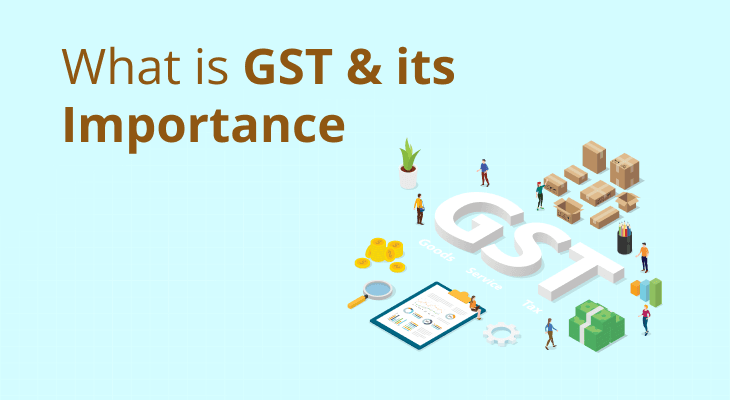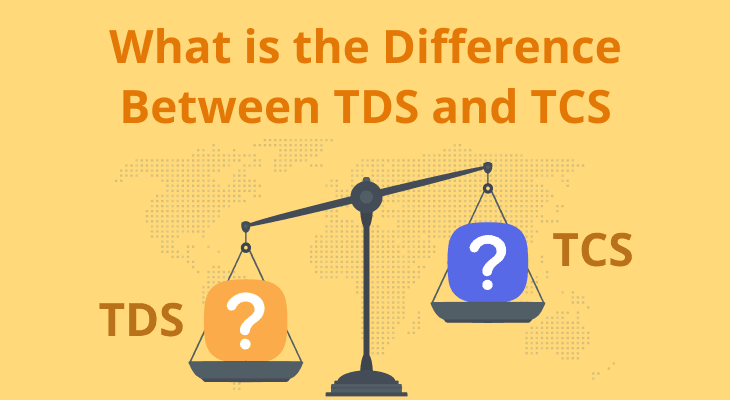
Documents Required for GST Registration
The Goods and Services Tax (GST) is a major tax reform in India that aims to establish a single, unified market by eliminating indirect taxes like VAT, service tax, and excise duty. Registration for Goods and Services Tax (GST) in India is necessary for eligible businesses to comply with tax regulations. As a result, understanding the necessary documentation for GST registration is important for sole proprietors, businesses, and online sellers alike.
The registration procedure entails providing specific documents such as your PAN card, Aadhaar card, proof of address, and company registration information. These documents authenticate your identity, business structure, and GST eligibility. Individuals and businesses with turnover thresholds must register mandatorily, and specific categories, such as e-commerce operators, also require GST registration.
Knowing the right documents and processes makes the registration process easier, ensures compliance, and avoids penalties. Let us discuss the paperwork required for GST registration, which applies to a variety of company types and scenarios.
Who Should Register for GST?
According to the GST Act of 2017, certain individuals and companies must register for GST. The threshold for registration varies depending on location and business activity.
- In most states, businesses with a turnover of more than ₹ 40 lakh.
- Businesses in special category states like Manipur, Assam, and Nagaland with a turnover of more than ₹ 20 lakh.
- Service providers earning over ₹ 20 lakh in normal states and ₹ 10 lakh in special category states.
Additionally, regardless of their revenue, the following must register for GST:
- Individuals making interstate supply of taxable products and services.
- Casual taxable individuals.
- Non-resident taxable individuals.
- Individuals who pay taxes via the reverse charge system.
- E-commerce providers or aggregators.
- Input service distributors.
- Agents of the supplier.
- Individuals that sell products using e-commerce platforms.
- Individuals who provide online information and database access or retrieval (OIDAR) services from outside India to a person in India.
Understanding the GST registration method and having the appropriate documents can help expedite the registration process.
Different Types of GST Registration
GST registration categories vary depending on the type of business and turnover of the company. Here's an overview of the major categories.
Normal Taxpayer Registration:
- Applies to enterprises having a turnover above ₹ 40 lakh for products and ₹ 20 lakh for services.
- Most prevalent kind of GST registration.
- GST returns must be submitted monthly or quarterly, and taxes must be paid at the relevant rates.
Composition Scheme Registration:
- For small firms with a turnover of ₹ 1.5 crore for commodities and ₹ 50 lakh for services.
- Provides a simple tax system with a fixed tax rate on turnover.
- GST returns must be submitted quarterly.
Casual Taxable Person Registration:
- For organisations that occasionally provide taxable goods or services in a state where they do not have a fixed place of business.
- Valid for 90 days or until the supply term expires, whichever comes first.
Non-Resident Taxable Person Registration:
- For entities situated outside of India yet providing products or services in India.
- Also valid for 90 days or the term of supply, whichever occurs first.
Input Service Distributor Registration:
- Supplier offices receive tax bills for input services and distribute the input tax credit to other branches.
Documents Needed for GST Registration
The essential documents required for GST registration differ depending on the business type and structure. Here is a GST Registration documents list:
- PAN Card: Required for all kinds of registration.
- Proof of Business Registration: Incorporation certificate, partnership deed, etc.
- Identity Proof: The owner's or partners' PAN and Aadhaar cards.
- Photographs: Current passport-sized pictures of the owners, partners, or directors.
- Address Proof: Utility bills, rent agreements, or property documentation
- Bank Account Proof: Bank statement, a cancelled cheque, or a passbook.
Keeping these documents organised and easily accessible will expedite the GST registration process.
Documents Needed for GST Registration by Individuals & Sole Proprietors
For individuals and sole proprietors, the following documents are required:
- Owner's PAN card
- Owner's Aadhaar card
- Recent photograph of the owner
- Proof of address (utility bill, rent agreement, etc.)
- Bank account information (bank statement, cancelled cheque, or passbook extract)
These documents confirm that the individual's proof of identity, address, and bank account information are verified correctly.
Documents Required for GST Registration by Companies
Companies, whether Indian or international, are required to submit a wide range of documentation, including:
- Company’s PAN card
- Certificate of incorporation issued by the Ministry of Corporate Affairs
- Memorandum of Association (MoA) and Articles of Association (AoA)
- PAN card and Aadhaar card of the authorised signatory (must be an Indian resident)
- PAN card and address proof of all directors
- Recent photos of directors and authorised signatories
- Board resolution appointing the authorised signatory
- Bank account details (bank statement, cancelled cheque, or passbook extract)
- Address proof of the principal place of business (utility bill, lease agreement, etc.)
Having these documents available ensures that the company registration process runs smoothly and in accordance with the rules and regulations.
Conclusion
Registering for GST entails compiling a variety of documents that authenticate your company's identity, address, and banking details. These documents differ according to the type and structure of the business, including sole proprietorships, partnerships, corporations, and other entities. Ensuring sure you have all of the relevant documentation available will greatly ease the GST registration process. By following the instructions and submitting appropriate documentation, you can ensure GST compliance and prevent legal issues.
Stay informed on key financial topics and discover investment opportunities with m.Stock.


